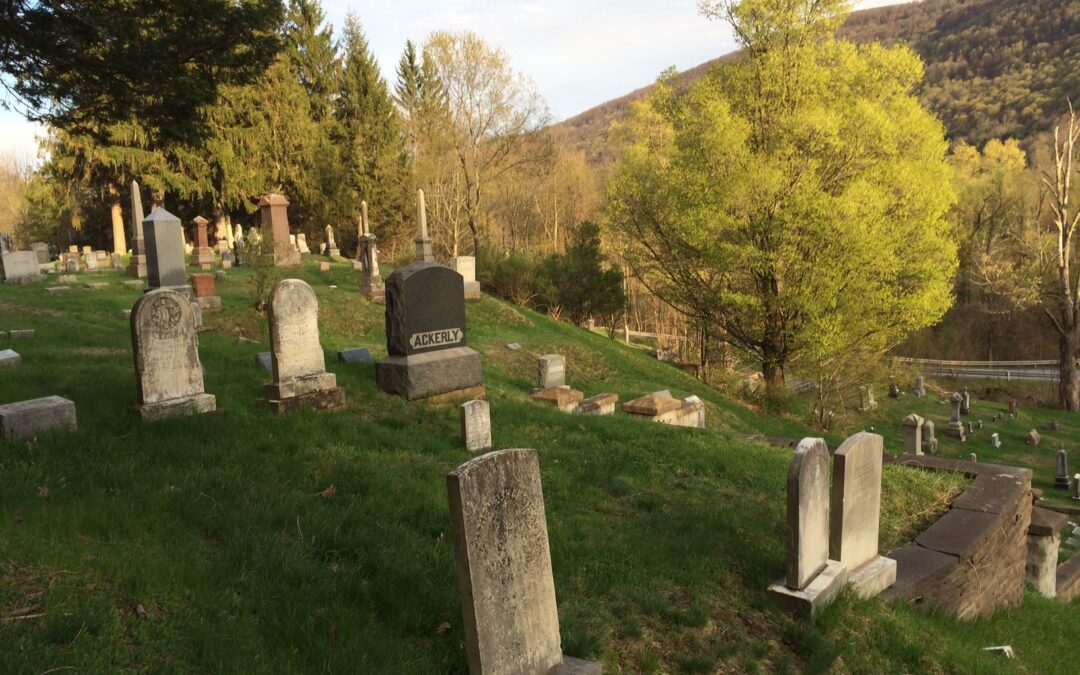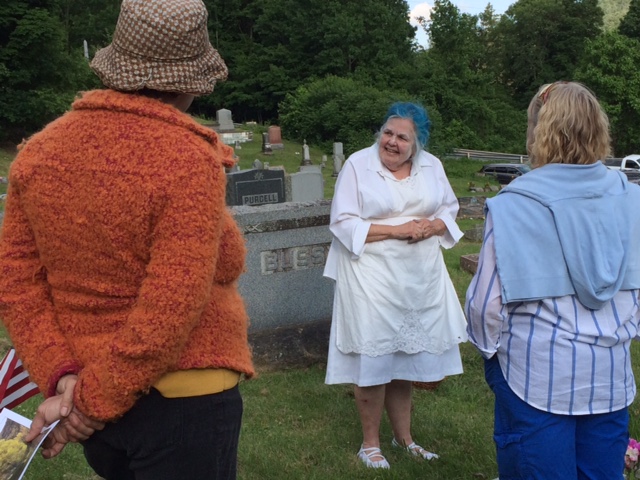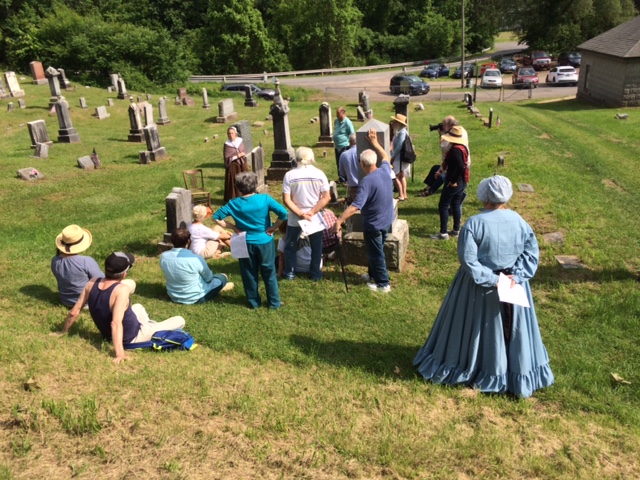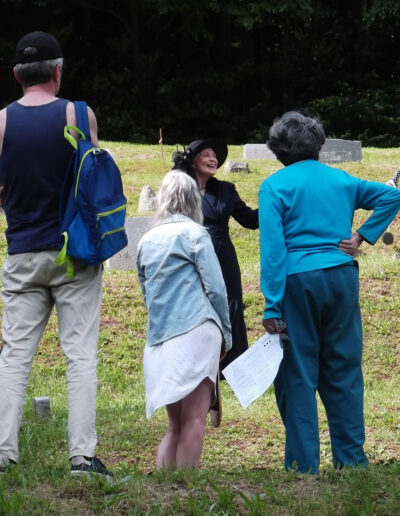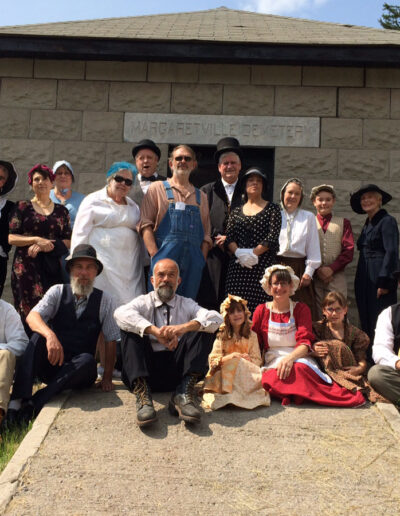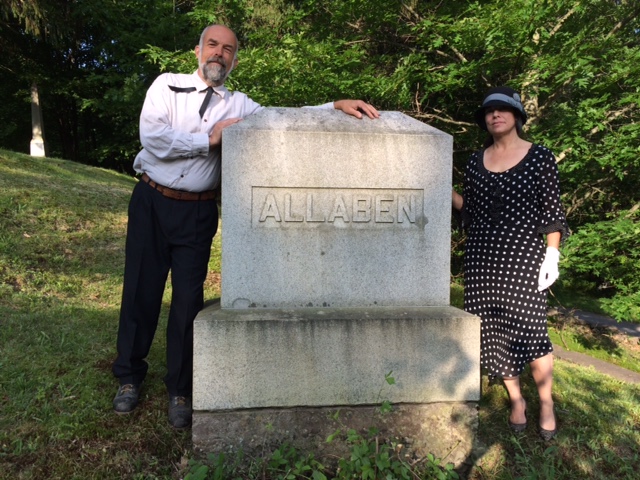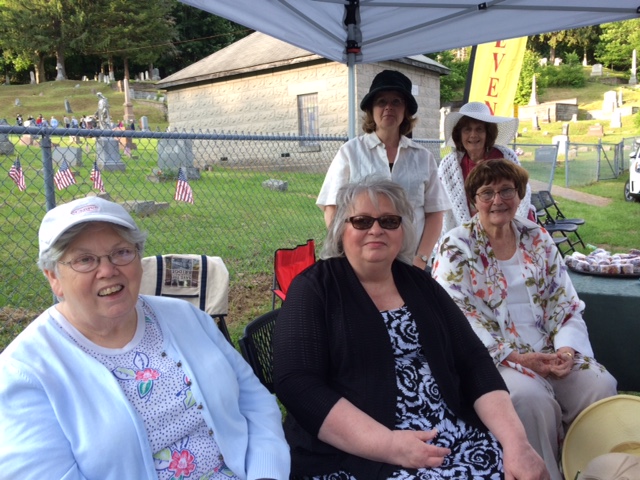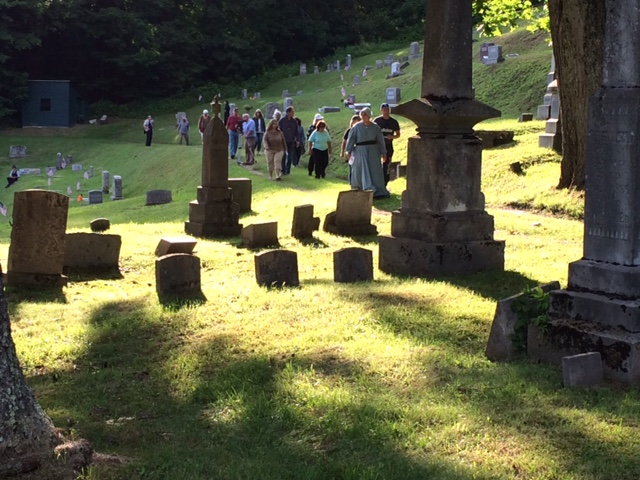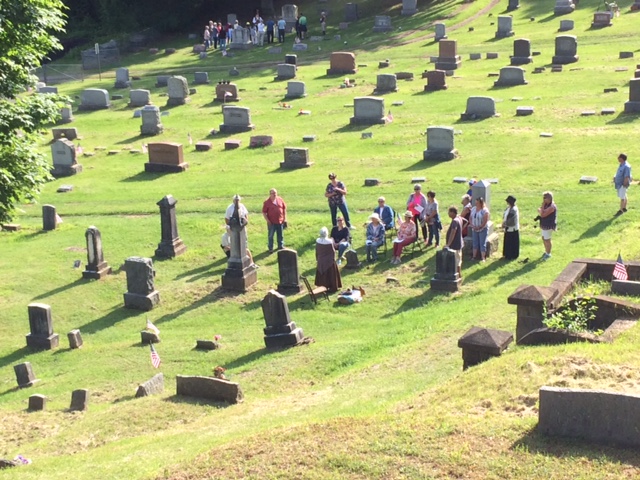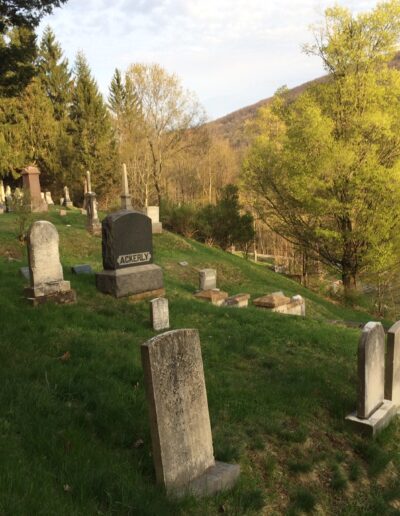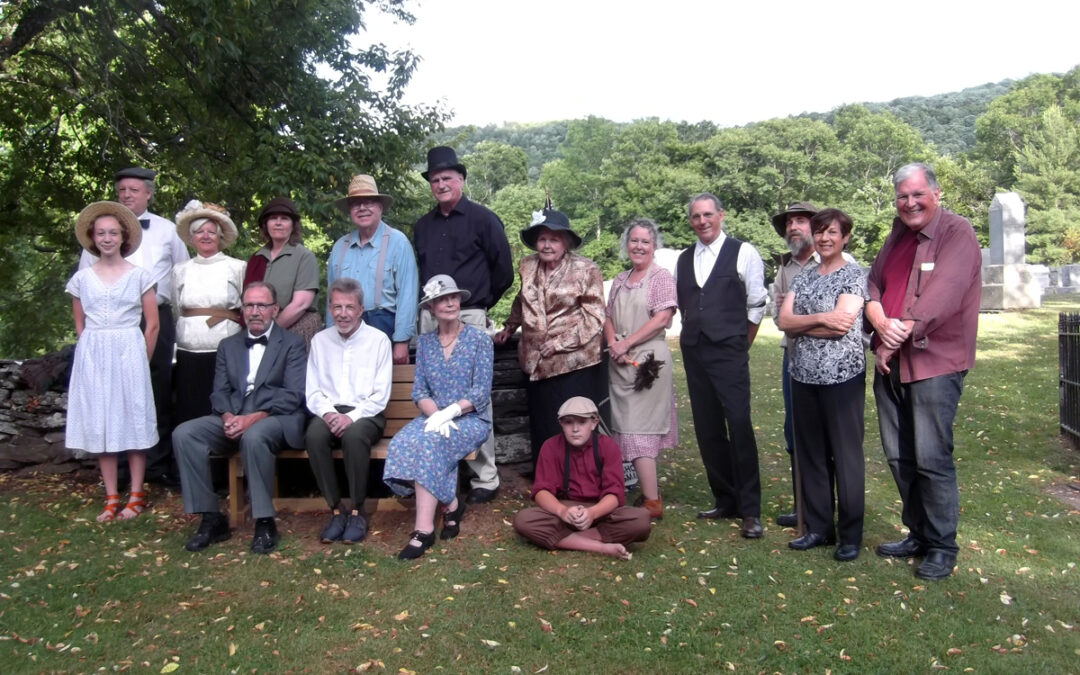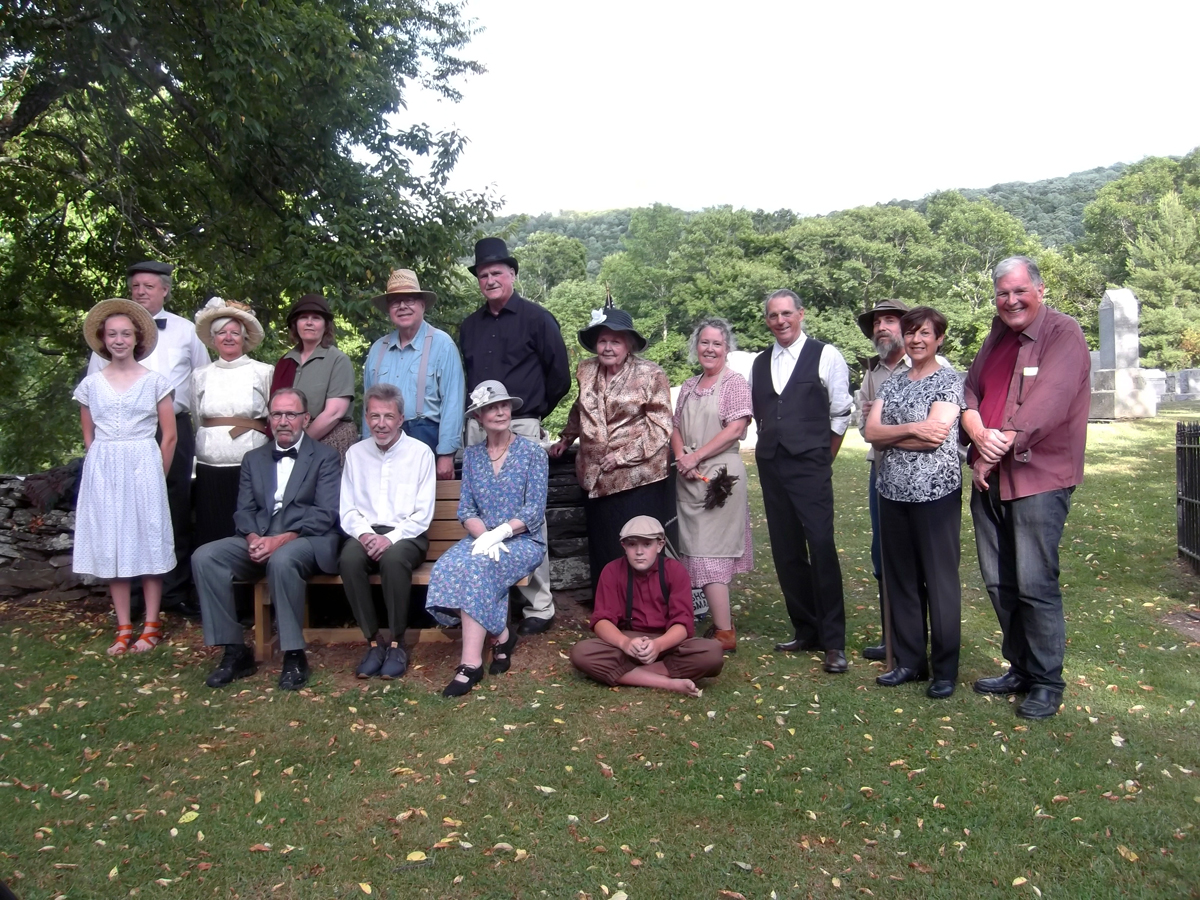HSM at Halcott Fair, seeks Grange stories
The Historical Society of the Town of Middletown will greet friends and neighbors at the Halcott Fair Saturday, July 20 from noon to 4 p.m.
The annual event will take place in the Halcott Grange hall where the Greene Valley Grange once met and held dinners, dances and other community gatherings. HSM is anxious to hear from former Grangers – from Halcott or other local towns – for a project documenting the aims and activities of this once prominent farm advocacy and assistance organization.
Amy Taylor, HSM Secretary and member of a family that was prominent in Grange circles, will give a program, “The Grange Revisited,” at the HSM hall, 778 Cemetery Rd., Margaretville on Friday, Aug. 23 at 5 p.m. The talk will be followed by a simple supper. Admission is by donation. Bring your Grange stories and photos!
If you have memories and items to share and can’t make the program, please bring them to the Halcott Fair, where HSM will also hold a one-day silent auction on a very special set of photography books by acclaimed photographer Mark Citret.
Collectible Halcott photo book.
Citret lived in Halcott for two years in the early 1970s. The images of people and landscapes he captured there are beautifully rendered in his book Halcott Center: A Catskill Mountain Valley. The book includes an introduction by the famed landscape photographer Ansel Adams, with whom Citret studied.
A signed copy of the book will be auctioned with two others: Along the Way, a lush, hard-bound collection of 63 plates of Citret’s black and white images, including some from Halcott, and Signs Taken for Wonder, the catalog of a 2002 exhibition of his work at the Monterey Museum of Art in California, where he makes his home. FMI: mcitret.com.
Proceeds from the silent auction (bidding closes at 3:30) will benefit the Campaign for a Middletown History Center which aims to build an archives facility at the HSM hall. For information on the project and to make a donation, visit mtownhistory.org.

